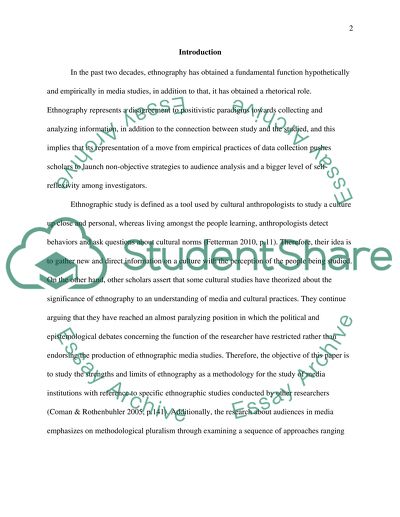Cite this document
(“Ethnography Essay Example | Topics and Well Written Essays - 2000 words - 1”, n.d.)
Retrieved from https://studentshare.org/journalism-communication/1496530-ethnography
Retrieved from https://studentshare.org/journalism-communication/1496530-ethnography
(Ethnography Essay Example | Topics and Well Written Essays - 2000 Words - 1)
https://studentshare.org/journalism-communication/1496530-ethnography.
https://studentshare.org/journalism-communication/1496530-ethnography.
“Ethnography Essay Example | Topics and Well Written Essays - 2000 Words - 1”, n.d. https://studentshare.org/journalism-communication/1496530-ethnography.


